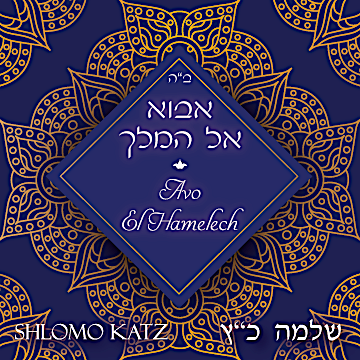Amongst the many beautiful words which accompany our journey through the Machzor during the high holidays, one of the most common words in all the silent Shmone Esre prayers is the word ‘Uvchen’ ובכן.
Uv’chen Yitkadash Shimcha
Uv’chen Ten Pachdecha
Uv’chen Ten Kavod
Uv’chen Tzaddikim
Uv’chen Lecha Ta’ale Kedusha
What does this word mean and where is it’s origin? The simple translation of ובכן is ‘well’ (not in the context of water, but rather ‘well, now what?’), or ‘therefore’. Well then, why is this word so essential to the davening of the high holidays?
A number of years ago, I learned a teaching from the Tur, Reb Ya’akov ben Asher, an illustrious torah commentator and halachic codifier, from the 14th century in Spain. The Tur explains that the source for this word comes from none other than Megilat Esther. In the Fourth Chapter of the Megila, Queen Esther tells Mordechai to gather all the Jews present in Shushan and fast on her behalf. She then continues and says ובכן אבוא אל המלך אשר לא כדת – Uv’chen, well, I will come before the King contrary to the law. (ד תקפ״ב טור)
Once you hear this teaching, an inner dimension of the Yamim Nora’im begins to unravel. If we spend time, attempting to determine whether we do or don’t have a merit to stand before the King, we lose focus from the privilege that stands before us. Queen Esther gives us the strength throughout all of the intensely beautiful prayers of Rosh Hashanah and Yom Kippur, and lets us know ‘whether you feel it or not, whether it makes sense to you or not, AVO EL HAMELECH – SHOW UP AND COME BEFORE THE KING.
It is with this teaching, and the empowering that Queen Esther is giving us all that I am excited and honored to share this new song with you, a niggun I composed last year after thinking about this teaching.
Many thanks to the incredibly talented Mendy Portnoy, for producing and arranging this track.
And thank you to each and everyone of you for singing and davening with me!
B’ahava Rabba,
Shlomo




